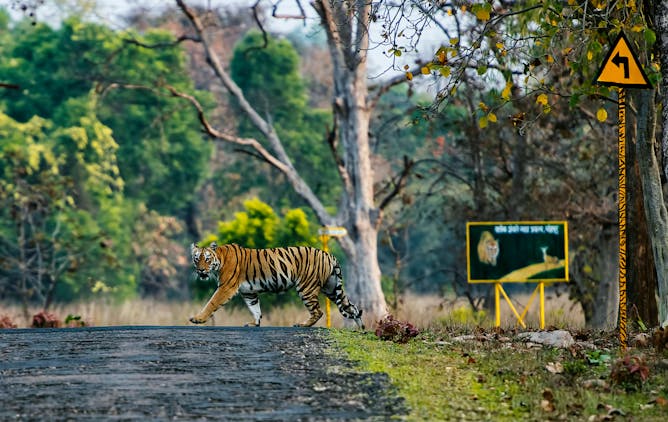|
|
|
Editor's note
|
|
It was hard not to feel exceptionally inadequate this week when legendary romance novelist Danielle Steel revealed that she regularly works 20 to 22-hour days. She probably polishes off a few chapters in the time it takes me to write an email. And to be fair, she has churned out 179 books in the past 50 years — and sold 800 million copies. Is it possible to write a hit novel without putting in quite so much labour? We asked four fiction writers what their writing routines entail and what tips they can offer aspiring authors who don’t want to stay up all night.
Many of us also feel inadequate about our numerical skills. Once when it came time to split a bill in a restaurant, a friend of mine whipped out the calculator on her phone and said to me: “I don’t do public maths.” I thought it was a fantastic way to express the sense of anxiety so many of us have about other people seeing how bad we are at sums. But, as we learnt this week, a fear of maths can be overcome.
Last year, a man-eating tiger called Avni achieved global fame when scientists created a special designer cologne in an attempt to draw her into a trap so she could be captured humanely. It didn’t work, and Avni was subsequently shot and killed. Her story serves as an important reminder about how humans behave towards wild animals and how they are being affected by the climate crisis.
The Conversation has for six years brought our readers research-led, expert views on science and health stories, politics and current affairs. We need your support to keep building The Conversation. If you’ve enjoyed what you read here, please donate today.
|
Laura Hood
Politics Editor, Assistant Editor
|

|
|
|
|

Romance is officially dead.
Featureflash Photo Agency
Sarah Corbett, Lancaster University; David Bishop, Edinburgh Napier University; Edward Hogan, The Open University; Liam Murray Bell, University of Stirling
The world's highest selling writer says 22-hour working days are the route to literary riches. But, say, our literary experts, there's more than one way to skin a cat.
|

shutterstock
Alexei Vernitski, University of Essex; Ian Daly, University of Essex; Jake Bourgaize, University of Essex
Maths anxiety can be made a thing of the past, as new research shows.
|

A tigress in the Indian state of Maharashtra, where Avni also lived and died.
RealityImages/Shutterstock
Nayanika Mathur, University of Oxford
Sightings of big cats in India's backyards are only set to grow as climate change breaks down the boundaries between humans and animals.
|

Brexit has pushed many activists onto the streets.
Stefan Rousseau/PA Wire
Nora Siklodi, University of Portsmouth
Interviews with Leave and Remain supporters shows a common desire to preserve community and frustration with the self-interest of some politicians.
|

The USS Arlington – which is being sent to the Gulf as part of a naval strike group.
David Hecker/EPA
Scott Lucas, University of Birmingham
Both Iran and the US say they are not seeking a war, but it could happen by default.
|
|
|
-
Kevin McConway, The Open University
A number of contradictory studies have found a link between Parkinson's and having your appendix out.
-
Sarah Richardson, University of Warwick
Often referred to as the first modern lesbian, Anne Lister had a lot of political ambition.
-
Lucy Pocock, University of Bristol
It is not always easy to identify who needs palliative care.
-
Lucy Bland, Anglia Ruskin University
This sorry tale of institutional racism represents a scandal to rival the treatment of the Windrush generation.
-
Daniel Tischer, University of Bristol; Jamie Evans, University of Bristol; Sara Davies, University of Bristol
New research reveals how cash machine closures hurt those who still prefer and rely on cash the most.
-
Indrajit Roy, University of York; Annabel Bligh, The Conversation
Part six of The Anthill podcast's India Tomorrow series focuses on the concerns of young Indians.
|
|
| |
| |
| |
| |

|
| |
| |
| |
Featured events
|

|
The Enterprise Centre, University of East Anglia, Norwich, Norfolk, NR4 7TJ, United Kingdom — University of East Anglia
|

|
Wivenhoe Park, Colchester, Essex, CO4 3SQ, United Kingdom — University of Essex
|

|
Bowland Auditorium, Berrick Saul Building, Campus West, York, York, YO10 5DD, United Kingdom — University of York
|

|
Bowland Auditorium, Berrick Saul Building, Campus West, York, York, YO10 5DD, United Kingdom — University of York
|
|
|
|
| |
| |
| |
| |
| |
|
|
|
|
|
|
|